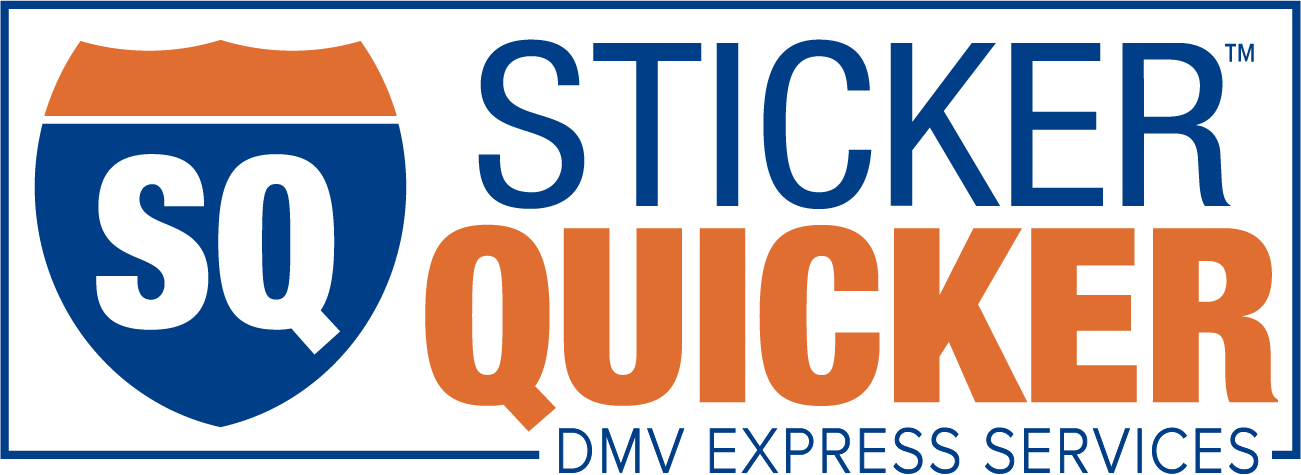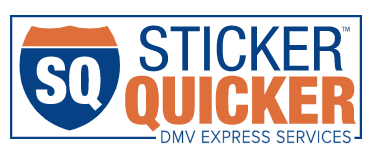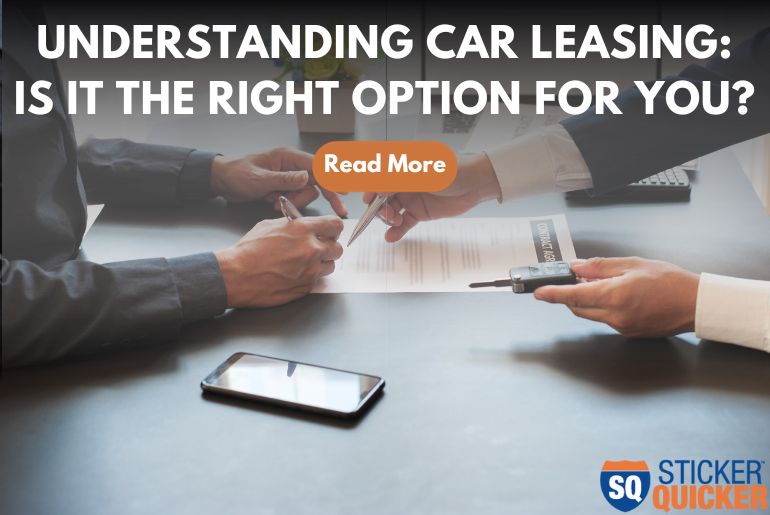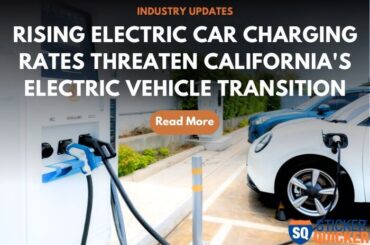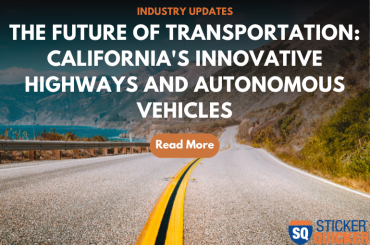When it comes to purchasing a car, there are many options available. Some people prefer to buy a new or used vehicle outright, while others opt for the convenience of leasing their rides. Car leasing is an increasingly popular choice for those who enjoy having relatively new cars on the road without a long-term commitment – and with so many different schemes available, understanding how car leasing works can help you decide if it’s right for you.
In this blog post, we will explore what makes car leasing different from buying outright or taking out loans & contracts and explain why more drivers are turning to this option in recent years.
What is Car Leasing?
When purchasing a car, there are two main options: buying outright or leasing. Buying a car outright involves paying the total price upfront, while leasing entails making monthly payments to use the car for a set period. The cost of leasing is typically lower than the cost of financing a purchase, as it is based on the car’s value for the duration of the lease rather than its full price.
Additionally, leased cars are typically under warranty for the length of the lease, which can save money on repairs. However, leased cars come with mileage restrictions and may have additional fees for damages or excessive wear and tear. Ultimately, deciding to lease or buy a car outright will depend on individual preferences and financial situations.
Advantages of Car Leasing
Car leasing offers several advantages to consumers. One of the most significant benefits is lower monthly payments. Unlike purchasing a car, leasing typically requires lower monthly payments, making it an attractive option for those on a tight budget. Additionally, you don’t have to worry about maintenance costs when you lease a car. This is because the car is generally under warranty throughout the lease term, which means any repairs required during that time will be covered.
Another great advantage of car leasing is the flexibility in payment terms. You can choose how long you want to lease the car, which allows you to control your budget and payments more effectively. If you’re in the market for a new car, opting for a leasing arrangement may be worth considering due to these benefits.
Disadvantages of Car Leasing
Car leasing can be tempting for those who want to drive a new vehicle without committing to a long-term purchase. However, it’s important to weigh the potential disadvantages before signing on the dotted line. One of the biggest downsides is the fact that leasing can be more expensive in the long run than buying outright.
Additionally, drivers who lease have less control over the vehicle and may be subject to penalties if they decide to return the car early. It’s essential to consider these factors before deciding, and to thoroughly research all available options to determine what’s best for your individual needs and budget.
Is Leasing Right For You?
Are you in the market for a new car but unsure if leasing is the best option for you? Consider a few factors before making a decision. Firstly, think about your driving habits. Leasing typically has mileage limitations, so if you frequently go on long road trips, it may not be the best choice for you. Additionally, consider your long-term financial goals.
Leasing can be a good option for those who prefer to have a new car every few years, but if you plan on keeping the same car for many years, buying may be a better option. Ultimately, it’s important to weigh the pros and cons and decide what makes the most sense for your lifestyle and budget.
Questions to Ask When Negotiating
Negotiating a lease agreement can be a daunting task, especially if you’re not familiar with the process. To ensure that both parties are on the same page and everything is crystal clear, it’s important to ask the right questions.
By asking the right questions during the negotiation process, you can ensure that you’re making an informed decision and entering into a lease agreement that works for both parties.
How to Find the Best Rates
When it comes to finding the best rates for your desired vehicle, there are a few key steps you can take to ensure you’re getting the most bang for your buck. First and foremost, do your research. Don’t just settle for the first offer you receive from a dealership or lender – shop around and compare rates from multiple sources.
Additionally, consider factors like your credit score and the length of the loan term, both of which can have a significant impact on the overall cost of the vehicle. Finally, be sure to negotiate. Don’t be afraid to ask for a lower rate or better terms – the worst they can say is no! With these tips in mind, you’ll be well on your way to finding the best rates for your dream car.
Car leasing can be a great option for those who want the convenience of having a new car at a minimal cost. However, it is essential to do thorough research and weigh the pros and cons before signing up for a lease agreement. Ask questions about additional fees, estimated maintenance costs, and any other conditions that may affect your decision.
The best way to find rates for leasing is to shop around online and compare different deals from various dealerships. With the right deal, you will be able to enjoy driving your dream car without blowing your budget. All things considered, leasing can be a financial solution worth considering for everyday drivers!
